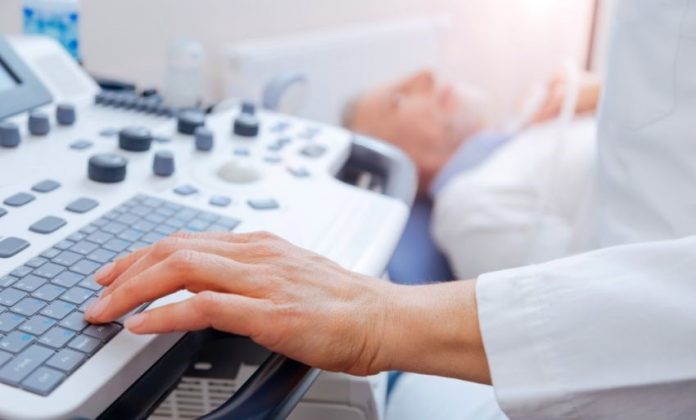Before your next checkup, learn the characteristics of a good ultrasound tech. Some people are better at their job than others, so know what to look for.
Getting regular checkups from your medical provider is a good habit to get into. For men and women 30 to 40 years of age, the recommendation is to get annual physicals; for people over 50, regularly visiting the doctor becomes even more important. Routine checkups will keep any illnesses from sneaking up on you.
Preventative medicine employs a lot of different techniques to keep us all healthy. Doctors often use ultrasounds as effective tools to diagnose and prevent diseases before they become bigger problems. Ultrasounds aren’t just for monitoring the development of babies—they can also give the technician and doctor a good look at the liver, spleen, gallbladder, kidneys, and bladder. The ultrasound images of these organs will show any kidney stones, gallstones, tumors, and blockages of major arteries, allowing the doctor to treat you.
If the doctor orders an ultrasound to check for anything, you need to be able to trust the technician just as you trust your doctor. You need to know that they’re skilled and capable. The characteristics of a good ultrasound tech are like those of a good doctor—look for these signs in the technician to know you’re in good hands.
Great People Skills
Great people skills are essential in the medical field. Part of that is being a good listener. By listening to you, the tech can get the necessary information on where to look and what to look for. Patience and compassion will also help put you at ease. They should ease you into any potential bad news and try to keep the visit as stress-free as possible.
Excellent Communication Skills
The ability to communicate in clear and concise language is an important skill. Medical providers often use a lot of medical jargon, which can be confusing. A good tech will speak in language that’s easy to understand without being condescending about it.
Good Judgment
Different patients have different needs, and a good sonographer should be able to judge how to treat each patient. A tech never knows what will appear on the screen while they’re taking the images. They need to decide if it’s necessary to take more images, adjust the equipment, or notify the doctor in the event of a potentially serious disease. Unnecessarily creating panic and stress within the patient is not a sign of good judgment—restraint and professionalism are.
Strong Technical Skills
Beyond being a caring nurturer, you want the sonographer to have strong technical skills. If the images won’t load to the screen properly or if the image is fuzzy, you want that person to know what to do. Knowing how to adjust the machine and make minor repairs means that person has received the proper training on that machine.
























